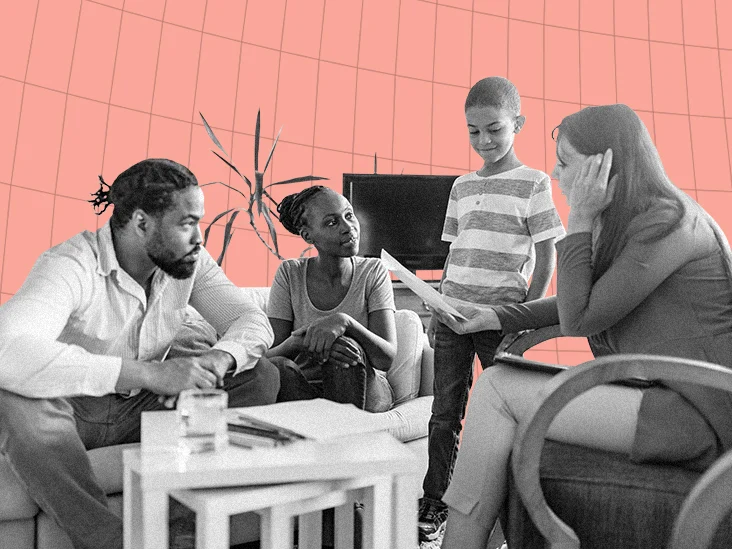
A family is the foundation of society, and its well-being is essential for the healthy functioning of the community. However, family life is not always easy, and sometimes families face difficult situations that require professional help. Family counseling is an effective approach to help families resolve conflicts, build healthy relationships, and create a safe and healthy environment. In this article, we will explore the role of family counseling in creating a safe and healthy family environment.
Understanding Family Counseling
Family counseling is a type of therapy that helps families overcome problems and improve their relationships. It involves a trained professional who works with the family to identify the issues and find solutions. The counselor helps the family members to communicate effectively, understand each other’s perspectives, and work together to achieve common goals.
Family counseling can be helpful for a variety of issues, such as:
- Marital problems: communication breakdown, infidelity, lack of intimacy, etc.
- Parenting issues: discipline, blended family challenges, child behavior problems, etc.
- Mental health issues: depression, anxiety, addiction, etc.
- Life transitions: divorce, loss of a loved one, relocation, etc.
- Financial problems: debt, job loss, financial disagreements, etc.
The Role of Family Counseling in Creating a Safe and Healthy Family Environment
Family counseling can play a critical role in creating a safe and healthy family environment. Here are some ways that family counseling can help families achieve this goal:
- Resolving conflicts
Conflict is a natural part of family life, but unresolved conflicts can lead to stress, tension, and negative emotions. Family counseling can help families resolve conflicts by providing a safe and neutral space for family members to express their feelings and concerns. The counselor can help family members communicate effectively, understand each other’s perspectives, and find solutions that work for everyone.
2. Improving communication
Effective communication is key to building healthy relationships. Family counseling can help family members learn how to communicate in a way that promotes understanding, respect, and empathy. The counselor can teach communication skills such as active listening, speaking assertively, and using “I” statements instead of “you” statements.
3. Strengthening relationships
Strong relationships are the foundation of a healthy family environment. Family counseling can help family members strengthen their relationships by identifying shared values and goals, fostering positive interactions, and building trust and respect. The counselor can also help family members learn how to handle conflicts and challenges in a way that strengthens their relationships.
4. Promoting mental health
Mental health problems can have a significant impact on family dynamics. Family counseling can help family members support each other through mental health challenges, such as depression, anxiety, or addiction. The counselor can also help family members develop coping strategies and create a supportive environment that promotes mental health and well-being.
5. Creating a safe space
Family counseling provides a safe space for family members to express their feelings and concerns without fear of judgment or criticism. The counselor can create a supportive and non-judgmental environment that encourages openness and honesty. This safe space can help family members feel heard, validated, and understood, which can promote healing and growth.
6. Enhancing problem-solving skills
Family counseling can help family members develop problem-solving skills that can be applied to many areas of life. The counselor can teach family members how to identify problems, evaluate options, and make decisions that work for everyone. These skills can be particularly useful for resolving conflicts, making important life decisions, and navigating challenging situations.


